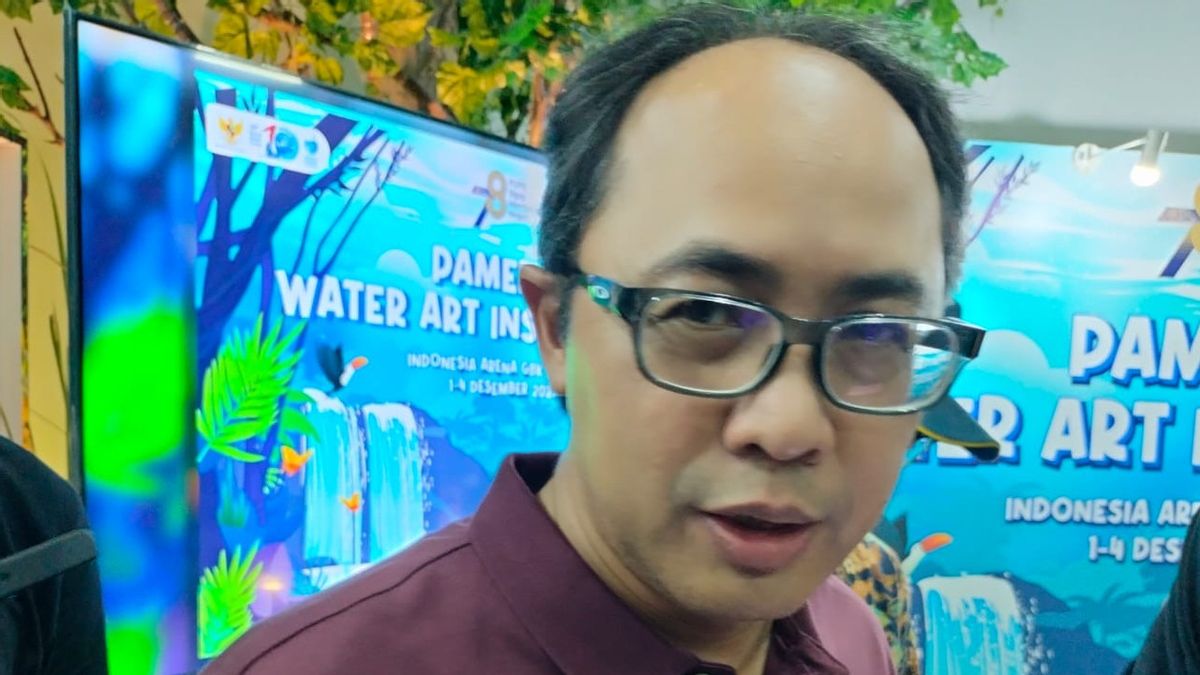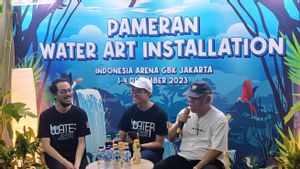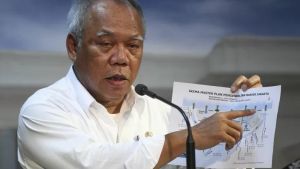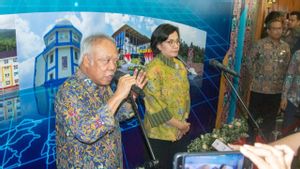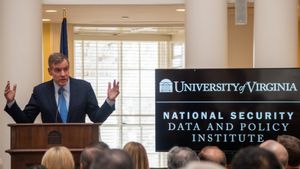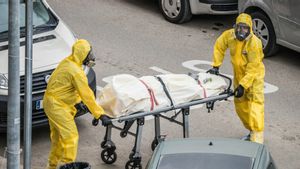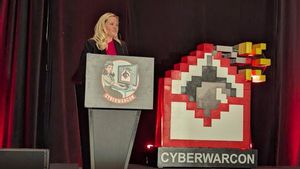JAKARTA - The Ministry of Public Works and Public Housing (PUPR) said the presidential instructions (inpres) related to clean water and sanitation in order to pursue the Sustainable Development Goals (SDGs) target.
"If the inpres is water and sanitation, right, to pursue the SDGs target," said PUPR Ministry Spokesperson Endra S Atmawidjaja when met in the GBK Jakarta area, quoted Monday, December 4.
He said the reason for the initiation for the inpres was because there was a lot of unused water capacity (idle capacity) from the infrastructure of water resources that had been built, such as dams, water treatment installations (IPA) and drinking water supply systems (SPAM).
"Why do we need to do an inpres? Because we have a lot of idle capacity to distribute," said Endra.
According to Endra, if the inpres can run optimally, it can add up to 3 million house connections (SR).
"So, from PDAM, dams, from our drinking water installation, we have a lot of idle capacity that we have to distribute, it can increase to 3 million SR," he added.
Previously reported, PUPR Minister Basuki Hadimuljono confirmed that the president's instructions regarding drinking water and sanitation would take advantage of the existing water treatment plant (IPA).
"So, we want to install a house connection (SR) from the IPA that has been built. So, we don't build a new IPA," said Basuki at the DPR RI Building, Jakarta, Monday, November 20.
Basuki said the inpres for drinking water and sanitation was in order to utilize the IPA infrastructure that had been built by his party.
"The IPA has been built, the distribution has been done, only the SR should have been (worked) in the regions or PDAM, but it's slow. Well, it's around 6.8 million SR. So, of the 10 million connections that have been installed, now (the remaining) 3.2 SR (has not been installed) of all the IPAs," he said.
SEE ALSO:
Later, the budget amount planned for the water and sanitation inpres is around Rp. 16.6 trillion.
The sixth goal of SDGs is to ensure the availability and management of clean water and sanitation that is feasible and sustainable for all.
SDGs are a series of goals set by the United Nations (UN) to achieve a better and more sustainable life for everyone in the world.
In addition, SDGs also have 17 mutually related and supportive goals to overcome the various global challenges they face.
The English, Chinese, Japanese, Arabic, and French versions are automatically generated by the AI. So there may still be inaccuracies in translating, please always see Indonesian as our main language. (system supported by DigitalSiber.id)
